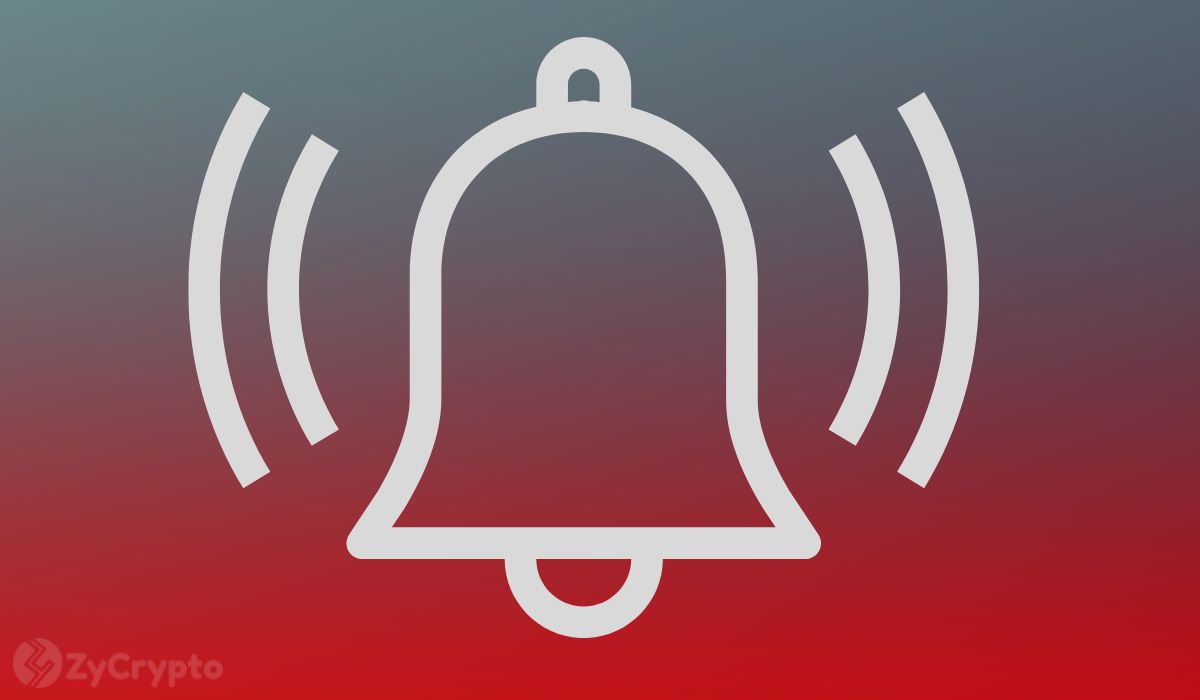Worldcoin, the controversial project created by OpenAI CEO Sam Altman and launched in July, has attracted over 2.3 million global users. However, mounting concerns regarding security and privacy are increasing, while individuals are receiving 25 Worldcoin tokens and a digital identity in return for their biometric data.
Worldcoin uses so-called orbs, devices that scan a person’s iris, which Worldcoin says is stored in encrypted form or deleted according to the user’s preferences. Not everyone is convinced about the project, though some, like the Electronic Privacy Information Center, a U.S. privacy campaigner, have voiced their concerns. In a statement, the Center said: “Worldcoin is a potential privacy nightmare,” and that its “approach creates serious privacy risks by bribing the poorest and most vulnerable people to turn over unchangeable biometrics like iris scans and facial recognition images in exchange for a small payout.”
According to Altman, it is getting harder to differentiate human activity from artificial intelligence. Which is why Worldcoin wants to establish a digital passport, Altman said: “The goal is simple: A global financial and identity network based on proof of personhood.”
Many Countries Raise Concerns
However, several countries, including Kenya, Portugal, Argentina, Britain, France, and Germany, have initiated investigations to varying degrees. For instance, Kenya has temporarily suspended all Worldcoin-related activities while it assesses the potential risks to the public.
Meanwhile, Britain is actively monitoring Worldcoin activities, France has announced ongoing checks, and Germany has been investigating the project since 2022, with the financial regulatory body BaFin examining Worldcoin’s token. Portugal is scrutinizing data collection practices and closely coordinating with German authorities. Argentina has requested Worldcoin to clarify its risk management procedures and the legal framework for processing personal data.
U.S. Citizens Miss out on Worldcoin
As far as the United States goes, however, participants in the U.S. who completed an Orb scan were informed that they would not be eligible for the token drop, as confirmed by a Worldcoin ‘representative at a New York City pop-up location’. Worldcoin’s “Orb tour” aimed to educate and facilitate sign-ups for World ID in American cities like Miami, San Francisco, and New York City, despite U.S. citizens being unable to use or access the tokens.
After “the Orb” has scanned someone’s eyeball, it generates a unique identifier called a World ID, which can be stored for future use if opted in. While a World ID currently has no practical use, for now, its only promise is to be used as a human identifier in a future where AI has taken over.
For now, people have signed up primarily to receive the tokens. Whether these tokens can increase in value over time remains to be seen. When writing, WLD, the Worldcoin token, is trading hands at $1.12, according to CoinMarketCap, almost down a third from its initial price.
